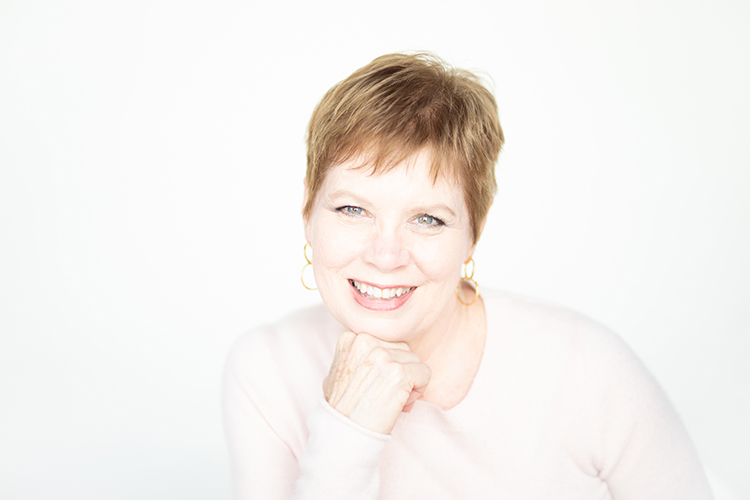How many languages do you speak? Theologian Eugene Peterson* claims that we all know three languages. The first language is the one you learn to speak even before you know words. You coo at your mother or cry to express hunger. After we become articulate, we use this language to convey love to a boyfriend/girlfriend or to express affection to a pet. Language One is the language of human connection and intimacy. It relies on tone of voice and a raise of the eyebrow. We call on a grandchild with the word “honey” or a spouse with a name we whisper only in private.
Language Two is the language of information: cat, ball, house, water. We learn to name the world around us, read books and study for exams. We learn to think. And Language Three is the language of motivation: Bring me the book, buy this cologne, vote for this candidate, and believe this gospel! Most of us are rather proficient at Languages Two and Three. But Peterson laments that we often lose the art of Language One.
And it is Language One that is the language of prayer, where we pour out to God the longings of our hearts. The Psalms teach us how to sharpen our skill at Language One, to return to the most basic form of our human language, to claim again our deep and primal connection to our Creator God. We do not pray to teach God about the world or to motivate God. We pray to connect our souls – in the depths of our despair and the height of our joy – to the one who is as intimate and connected to us as our very own human breath.
During the next six weeks we will look at the Psalms in worship, not as learning a new language, but as a way of recapturing what beauty and truth we were all born beholding. I look forward to singing with you!
Grace and Peace,
Carla
*Answering God: The Psalms as Tools for Prayer by Eugene Peterson.




